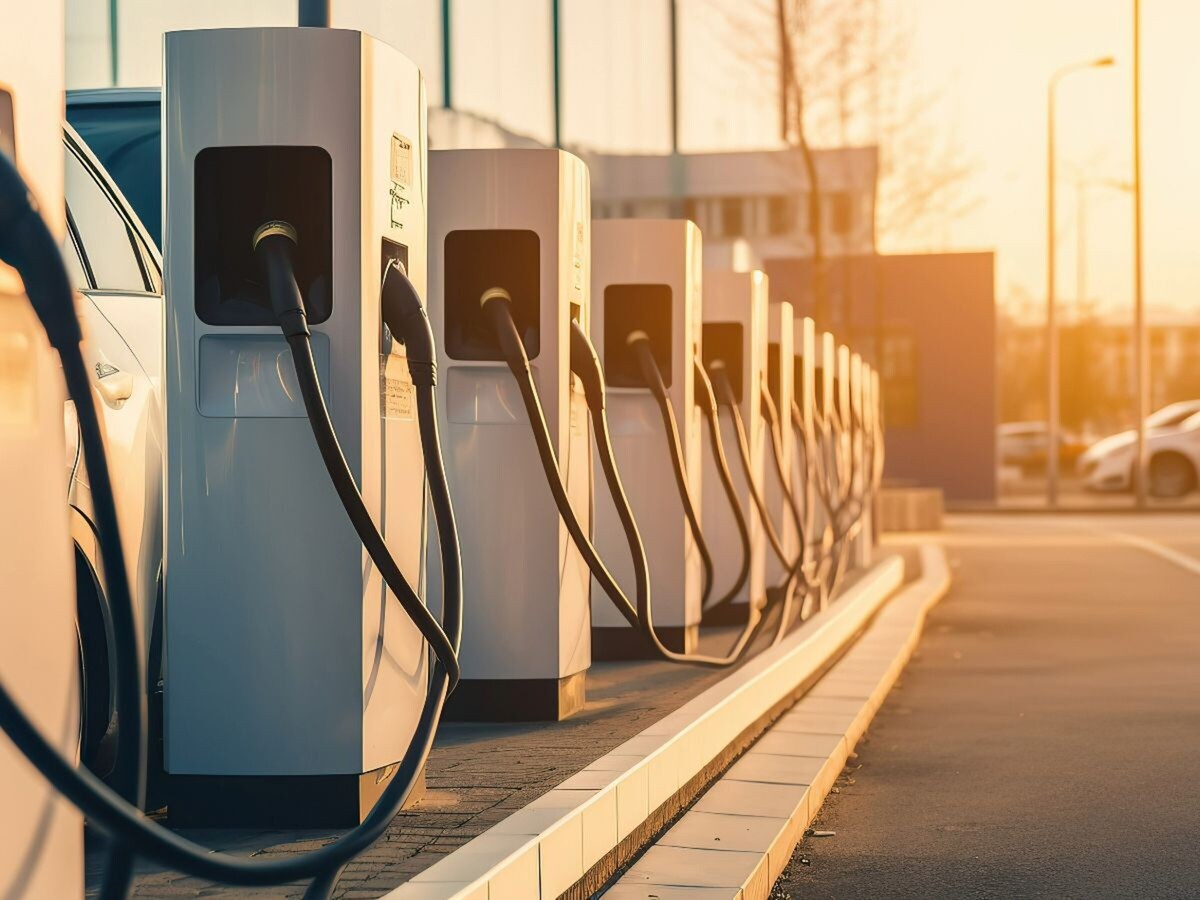Image


Governor Phil Murphy, alongside Department of Environmental Protection (DEP) Commissioner Shawn M. LaTourette, yesterday announced the adoption of the Advanced Clean Cars II rule. Slated for implementation in model year 2027, this groundbreaking regulation mandates an incremental increase in zero-emission vehicle (ZEV) sales by vehicle manufacturers, aiming for a complete transition to ZEVs by 2035.
This initiative aligns New Jersey with other states actively promoting environmentally friendly transportation. It emphasizes manufacturers' responsibility to increase electric vehicle (EV) sales and ensure stricter emission standards for gasoline and diesel vehicles. The rule notably exempts consumers and dealers from direct obligations and does not ban gasoline vehicles or coerce EV purchases. Instead, it focuses on providing manufacturers and associated industries the certainty needed for long-term investment in EV infrastructure and technology.
Governor Murphy highlighted the rule's alignment with New Jersey's role as a climate action leader, underlining its contribution to air quality improvement, climate impact mitigation, and expanded clean vehicle accessibility. Commissioner LaTourette echoed these sentiments, emphasizing the public health benefits, particularly for communities near high-traffic areas.
Endorsements for the rule came from various state leaders, including U.S. Representative Frank Pallone, Jr., Newark Mayor Ras J. Baraka, and other city mayors. Each underscored the rule's potential in reducing emissions, fostering economic growth through job creation in the ZEV industry, and enhancing community health, especially in urban and energy-intensive areas.
Environmental organizations and advocacy groups, such as the New Jersey Sierra Club and the Natural Resources Defense Council (NRDC), have also voiced strong support. They cite the significant health and environmental benefits that will stem from reduced transportation emissions, a major contributor to New Jersey's climate pollution.
The rule's adoption is a continuation of New Jersey's commitment to environmental sustainability, following the 2006 adoption of similar standards. With over 123,000 EVs currently in New Jersey and a notable increase in consumer demand, this policy marks a pivotal moment in the state's transition towards a cleaner, more sustainable future. The Murphy Administration continues to support this transition through initiatives aimed at expanding charging infrastructure and clean energy technologies.
In summary, the Advanced Clean Cars II rule positions New Jersey at the forefront of climate action, with a clear focus on improving air quality, public health, and promoting sustainable transportation choices, while reinforcing the state's commitment to a cleaner, greener future.